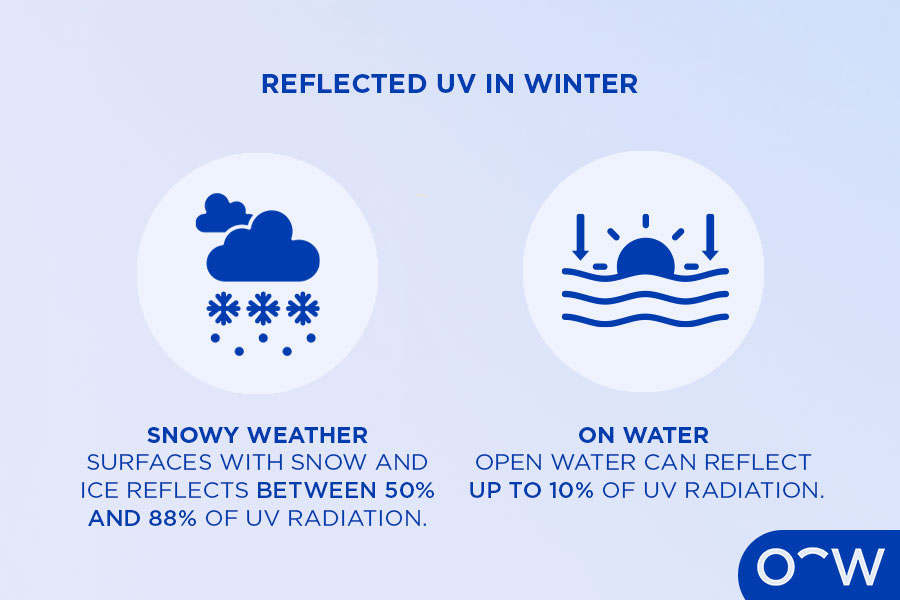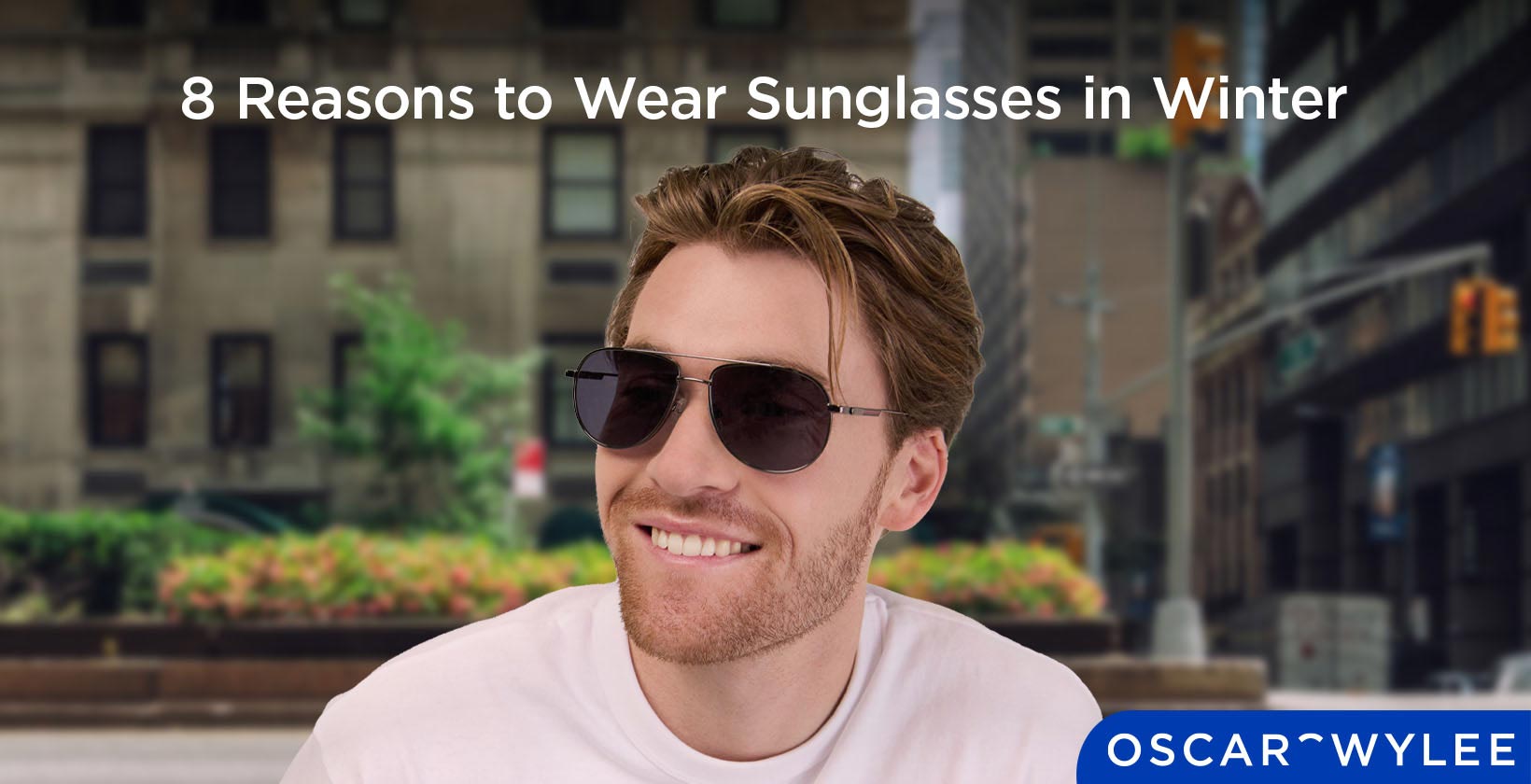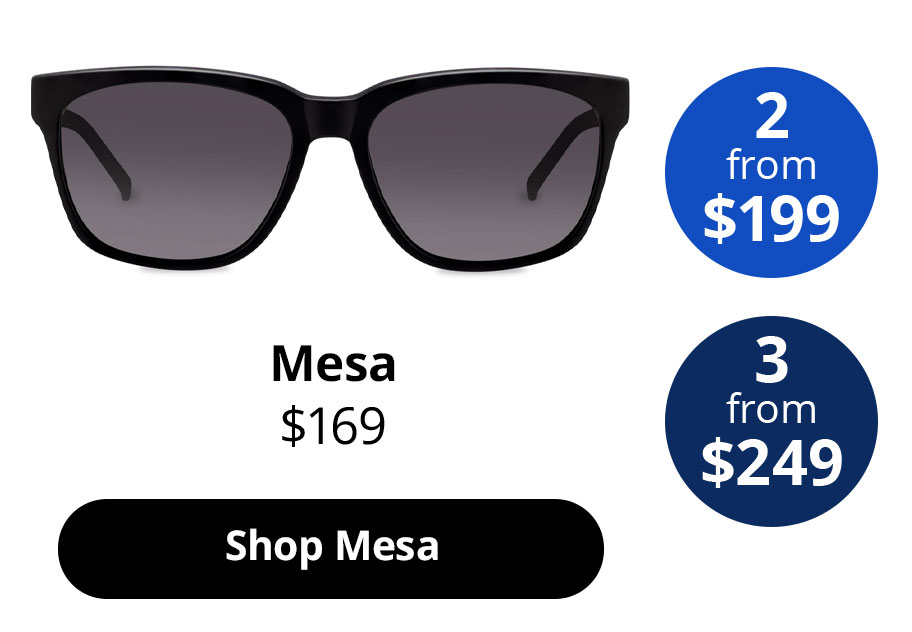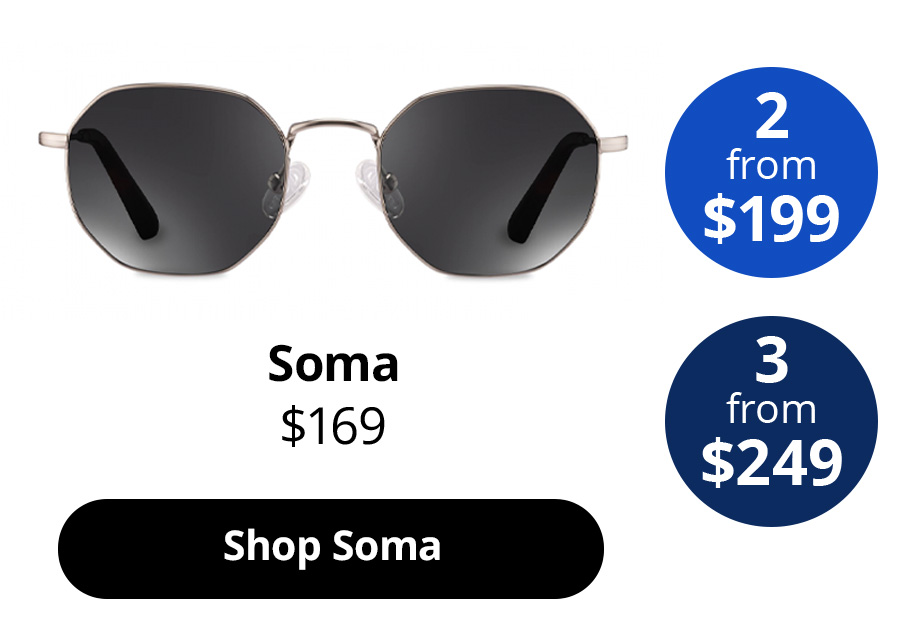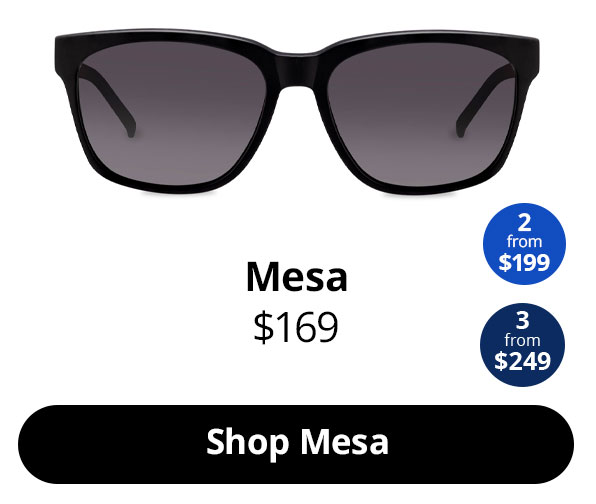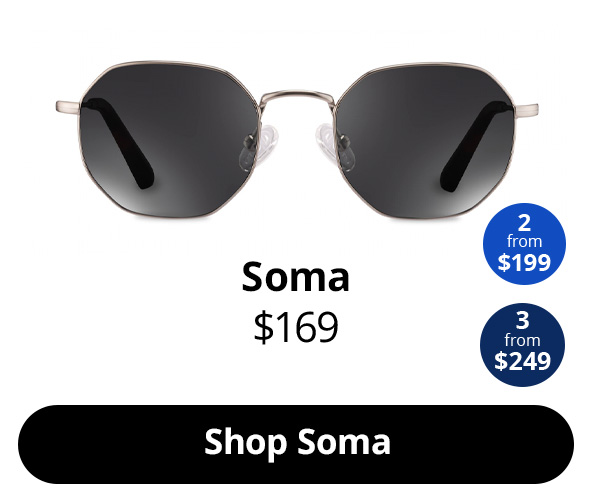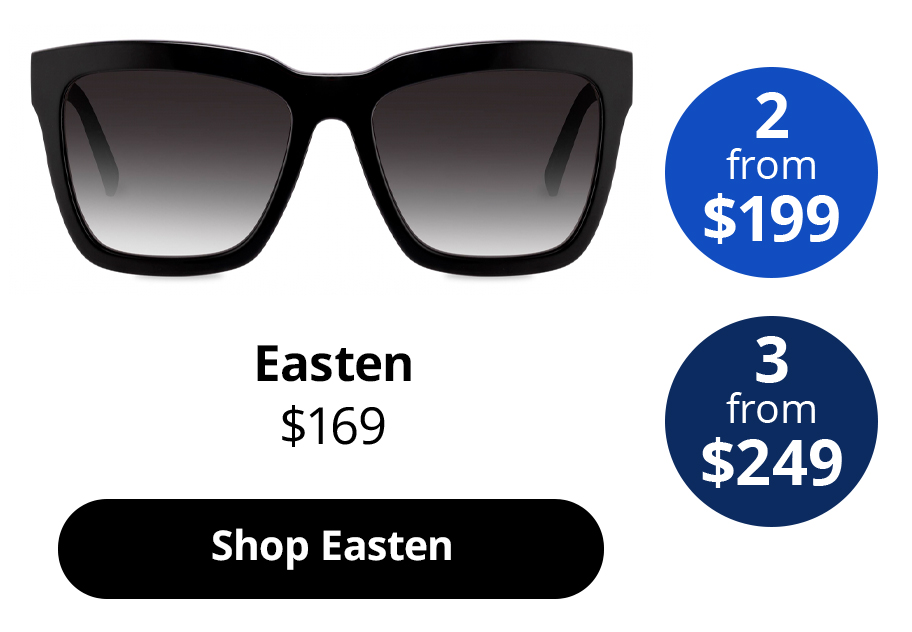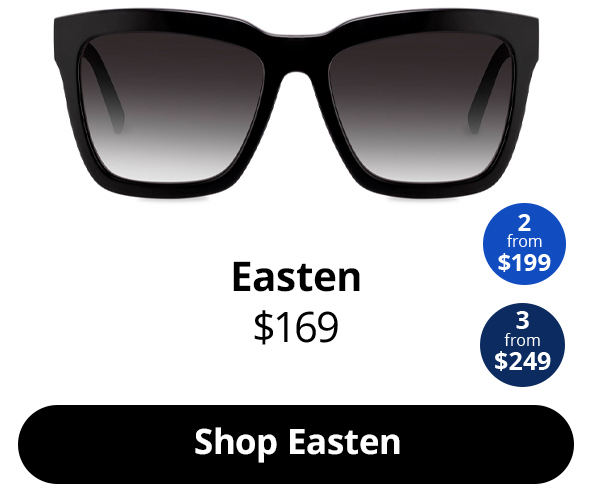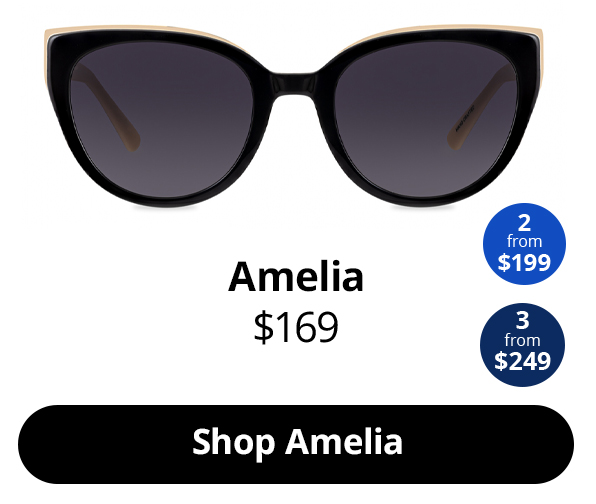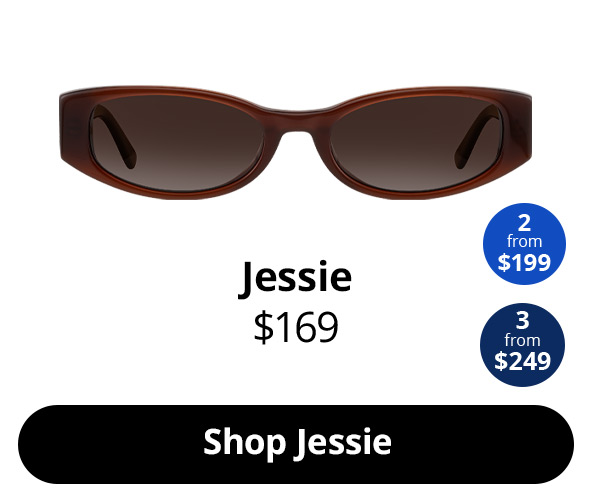8 Reasons to Wear Sunglasses in Winter
Published on June 24th, 2024
The 8 reasons to wear sunglasses in winter are to protect your eyes from UV, lower your risk of future eye diseases, prevent snow blindness, shield your eyes from the elements, minimise reflected glare and reduce eye strain and headaches. It is common to forget about sun care and protection during the colder months, however, it is important to continue wearing sunglasses in winter as the level of ultraviolet rays is still powerful enough to cause damage to our eyes. If you engage in activities such as being out in the snow, skiing or snowboarding, it is especially important to wear proper sunglasses to prevent the reflected glare from reaching your eyes. The 8 reasons to wear sunglasses in winter are listed below.
- Protect your Eyes from UV: Protect your eyes from UV by wearing sunglasses in winter as UV levels are still strong during the colder months.
- Lower your Risk of Future Eye Diseases: Protection against UV helps lower your risk of future eye diseases as UV damage can build up over time.
- Prevent Snow Blindness: Using sunglasses out in the snow helps to prevent snow blindness, which can cause eye pain.
- Shield Your Eyes from the Elements: Shield your eyes from the elements during windy days when debris or dust can get into the eye.
- Minimise Reflected Glare: Minimise reflected glare from surfaces such as the snow, or bodies of water.
- Stay Safe Whilst Driving: Staying safe whilst driving during overly bright and sunny conditions.
- Reduce Eye Strain and Headaches: You can reduce eye strain and headaches if you squint often during sunny and bright conditions.
1. Protect your Eyes from UV
A reason to wear sunglasses in winter is to protect your eyes from UV, as UV from the sun is still present and capable of causing damage to your eyes after ongoing exposure. The levels of UV during winter in many regions of Australia reach 3 or above according to the Cancer Council, therefore, presenting the risk of UV damage to the eye. UV protection is paramount in maintaining your eye and vision health and can be achieved with proper sunglasses.
2. Lower your Risk of Future Eye Diseases
Another reason to wear sunglasses in winter is to lower your risk of future eye diseases that may be caused by years of exposure to UV from the sun. Eye diseases such as cataracts, eye cancers, growths on the eye and other common eye conditions can develop as a consequence of unprotected exposure to the sun’s UV. While it is often difficult to pinpoint the exact cause of certain eye diseases, it is still helpful to take preventative measures where you can, to protect the eyes. This includes wearing protection for your eyes when out in the sun during all seasons.
3. Prevent Snow Blindness
Wearing sunglasses during certain winter sports can help prevent snow blindness, which can lead to eye pain and damage. Snow blindness is a form of photokeratitis, which is an eye condition that feels like a sunburn in the eyes according to Porter (2023). Snow blindness is a common type of photokeratitis and can develop as a result of reflected UV rays from ice and snow. According to the American Academy of Ophthalmology, snow blindness may also refer to the severe drying of the cornea due to dry air during colder months. If you frequent the snow for hiking, skiing or snowboarding, you are more at risk of this condition and therefore need to ensure you wear the right sunglasses for snow-related activities.
4. Shield your Eyes from the Elements
You can shield your eyes from the elements when wearing sunglasses in winter, especially during windy weather. Shielding your eyes from the elements can help to prevent debris or dust from getting into the eyes which can occur when you’re out in windy conditions. Debris can refer to scattered pieces of rubbish or remains of natural material such as bark, sand or dirt from the ground. Debris or dust getting into the eye may cause problems such as corneal scratches, eye pain or discomfort from having a foreign body in the eye.
5. Minimise Reflected Glare
It is important to wear sunglasses during winter to help minimise reflected glare from surfaces such as snow, bodies of water and through your car’s windshield when driving. It is helpful to minimise reflected glare as it can cause the need to squint, as well as cause discomfort. Wearing polarised lenses may aid with limiting how much glare reaches your eyes ensuring a more comfortable and safe experience during activities where glare can typically occur.
6. Stay Safe Whilst Driving
Ensure you stay safe whilst driving by wearing sunglasses even in winter as overly bright and sunny conditions can still take place during this season. It is especially important to stay safe while driving by wearing your sunglasses to protect your eyes from reflected glare or excessive light from the sun. Wearing sunglasses while driving in sunny weather can help minimise the risk of needing to squint and ensure you have a clear view of the road and other drivers.
7. Reduce Eye Strain and Headaches
Wearing sunglasses in winter can reduce eye strain and headaches, which can arise from the need to squint in bright sunlight or from reflected light. Eye strain and headaches can develop when your eyes need to exert more effort when focusing on something or when exposed to overly bright light. You may experience this if you are out in the snow on a sunny day without sunglasses as your eyes will need to adjust to let less light in or when driving for a long period during sunny weather. If you have sensitive eyes, you may also be more at risk of eye strain and headaches. Therefore, regardless of the season, if you’re out during sunny conditions, use your sunglasses to ensure protection for your eyes.
Why is it Important to Wear Sunglasses in Winter?
It is important to wear sunglasses in winter to ensure your eyes are protected from the sun’s UV rays, glare, bright and sunny conditions when out in the snow and severely dry air. It is especially important to wear the correct sunglasses when you are in the snow as the sun’s reflected light on its surfaces can be overly bright and lead to straining of your eyes. When skiing or snowboarding, you are required to wear specific goggles or sunglasses as bits of the snow can get into the eye and for protection against the bright reflected light from the sun. Due to lower humidity in the air during winter, it can be very dry, which can lead to an increased risk of dry eye according to the American Academy of Ophthalmology.


How Do Sunglasses Work in Winter?
Sunglasses work in winter by protecting your eyes from the sun’s brightness and UV rays. Sunglasses work in winter the same way they do during summer as they are created to shield your eyes. The built-up exposure to the sun may cause damage over time due to the UV light and exposure to light that is too bright for the eyes. Sunglasses are a helpful way to care for your eyes and prevent complications such as certain eye problems and eye cancers.
What are the Best Sunglasses for Men in Winter?
The best sunglasses for men in winter are glasses with UV protection, the right frame shape, frame size, preferred material and preferred colour. Choosing the best sunglasses for men in winter will depend on the natural shape of your face as certain frames are more suited to certain face shapes than others. For example, round face shapes may be more complemented with rectangle, square or geometric framed glasses as they help balance their curved features and rounded features. Men generally have larger or wider facial features and should therefore opt for larger frame sizes. Men should also select the colour and material that they like the best. At Oscar Wylee, our sunglasses come with UV 400 protection and are available with polarised lenses at an additional cost. We offer a wide selection of frame options for men that can complement a variety of personalities.
What are the Best Sunglasses for Women in Winter?
The best sunglasses for women in winter are glasses with UV protection, based on the correct frame shape according to your natural face shape, a frame size that is complementary to your face size and your desired style, material and colour. You can choose the best women’s sunglasses in winter by assessing what kind of face shape you have and choosing the most flattering frame shape according to your findings. As an example, square face shapes are typically suitable for round or oval frames as they help to soften the sharp and angular features of square faces. Women usually have smaller faces than men, however, this gives them more options to wear smaller, medium or oversized frames. At Oscar Wylee, our sunglasses come with UV 400 protection and are available with polarised lenses at an additional cost. You can find a wide selection of frame options for women that will cater to a range of preferences and personalities.
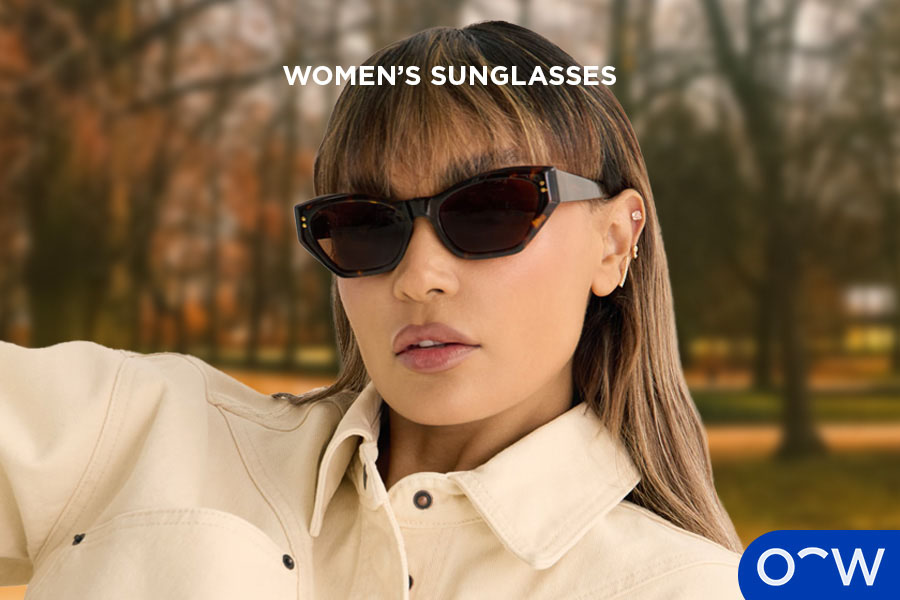

What are the Benefits of Wearing Sunglasses in Winter?
The benefits of sunglasses in winter are UV and glare protection, shielding your eyes during bright and sunny conditions and reducing the risk of developing eye diseases. The benefits of wearing sunglasses in winter are listed below.
- UV and Glare Protection: Wearing sunglasses in winter can help you achieve UV and glare protection, which is important for maintaining optimal eye and vision health. UV light from the sun can damage your eyes and may lead to eye problems later in life. Glare protection can assist with ensuring comfort for your eyes and prevent the potential eye strain that may occur.
- Shielding Your Eyes: Wearing sunglasses can help shield your eyes when you are out or driving during bright and sunny conditions. Shielding your eyes is important as exposure to overly bright light may not be pleasant for the eyes and can often result in eye strain or pain if you are light-sensitive.
- Reduce the Risk of Eye Diseases: Wearing sunglasses in winter may help to reduce the risk of eye diseases as it can prevent overexposure to the sun’s UV light, which can result in long-term effects.
Is it Weird to Wear Sunglasses During Winter?
No, it is not weird to wear sunglasses in winter. Sunny weather still occurs during winter, therefore, it’s still important to wear sunglasses when outdoors or driving during this time to protect your eyes from the brightness of the sun.
